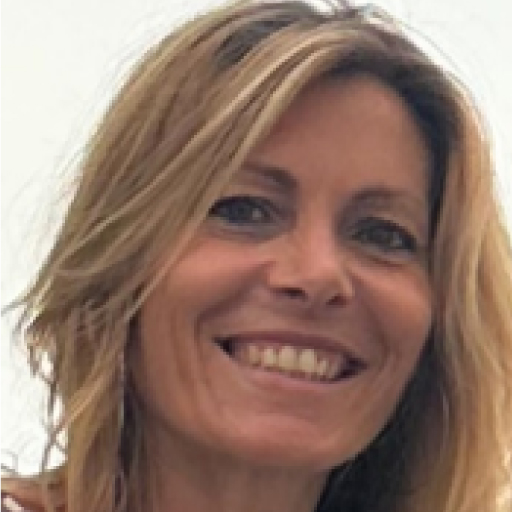Unlocking the Critical Importance of the Initial 72 Hours in Missing Persons Investigations: Insights from Criminology Experts

When a person goes missing, every passing hour becomes critical in the race against time. According to insights from criminology experts, particularly highlighted in an ABC News article by Julia Jacobo here, the first 72 hours of a missing person investigation are paramount. As we elaborate on the reasons behind this urgency, we’ll also explore how initiatives such as the Erasmus+ KA2 project LOST2 are aligning with these findings to enhance search and rescue efforts.
- Preserving Evidence and Acting on Leads

In the initial hours of an investigation, law enforcement strives to preserve the integrity of evidence. Dr Michelle Jeanis from the University of Louisiana emphasizes the importance of this window, as it provides the best chance to follow up on leads while memories are fresh. As time elapses, the trail grows colder, and crucial evidence becomes scarce.
- Public Awareness and Assistance
Public involvement plays a pivotal role in locating missing individuals. Former FBI Special Agent Steve Gomez underscores the significance of the immediate aftermath, where witnesses may hold vital information. However, as highlighted by Dr Bryanna Fox from the University of South Florida, the number of leads tends to decline after the first 72 hours, making early engagement crucial.
- Risk of Danger
For vulnerable individuals, such as children or those with mental illnesses, the risk escalates with each passing moment. Dr Jeanis emphasizes the need for expedited efforts in such cases, as delays could lead to dire consequences. The urgency to disseminate information and gather leads becomes even more critical when lives are at stake.
- Media Coverage and Social Media
Media attention can significantly impact the outcome of a missing persons case. Fox and Jeanis’s research underscores disparities in coverage, with certain demographics receiving disproportionate attention. Social media emerges as a powerful tool, facilitating rapid dissemination of information and mobilizing communities for search efforts.
Linking with LOST2 project’s Objectives
In alignment with the objectives of the LOST2 project, addressing the escalating issue of missing persons, especially among young individuals, across Europe, it is of pivotal importance. With approximately 200,000 children reported missing annually, and only a third of them successfully located, the urgency for a unified European approach is evident.
LOST2, strives to establish a harmonized system for researching and locating missing individuals by standardizing a professional profile and training protocols. By creating a standardized professional profile for «Experts in the Research of Missing People & Minors,» the project’s partnership aims to enhance collaboration and streamline efforts across EU countries.
Furthermore, LOST2 endeavours to set a benchmark for training standards, ensuring recognition and consistency in competencies throughout the EU. By aligning with European guidelines and fostering transparency in qualifications, the project paves the way for enhanced verification and validation processes at national and local levels.
Ultimately, the project ‘s efforts not only contribute to the immediate response to missing persons cases but also lay the groundwork for long-term equivalence and recognition of qualifications across Europe. By expanding employment opportunities and promoting the transferability of skills, LOST2’s consortium envisions a future where professionals in the field can effectively serve communities and bring hope to families impacted by missing persons incidents.















